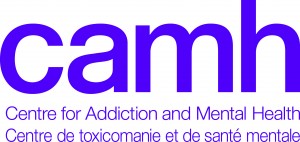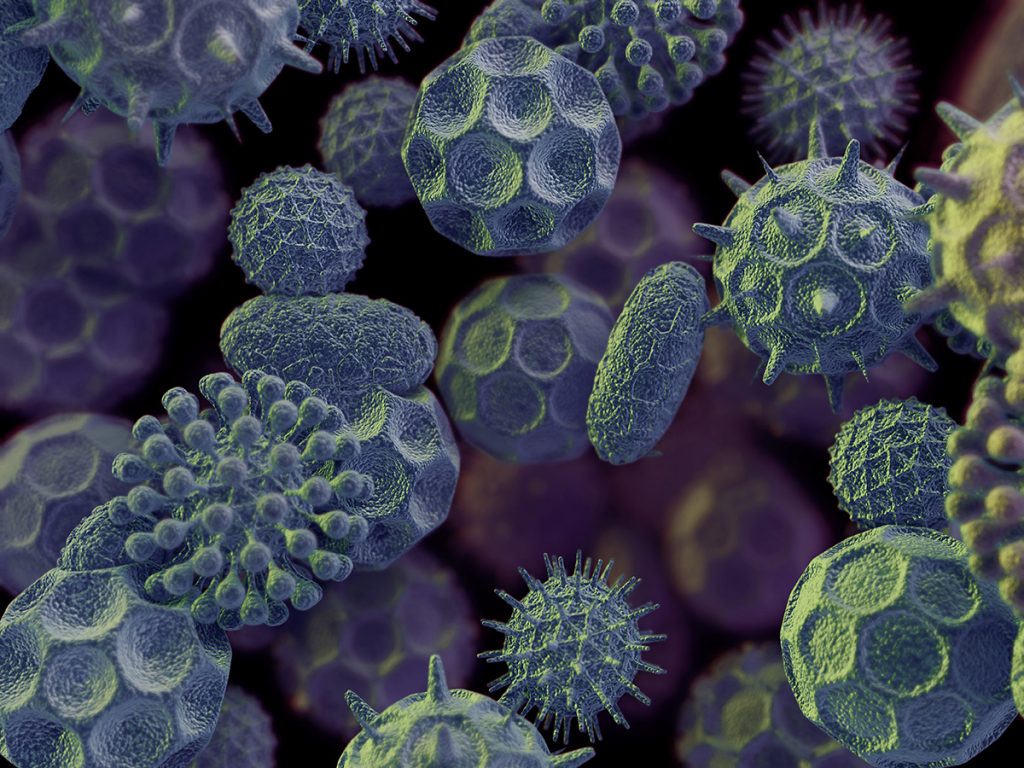CAMH and MaRS Innovation partner on innovative approach to nicotine addiction
 TORONTO (Dec. 17, 2009) — Grappling with nicotine addiction is never easy, but a new drug therapy – developed by Dr. Fang Liu at the Centre for Addiction and Mental Health (CAMH) – brings promise to one of our great public health challenges.
TORONTO (Dec. 17, 2009) — Grappling with nicotine addiction is never easy, but a new drug therapy – developed by Dr. Fang Liu at the Centre for Addiction and Mental Health (CAMH) – brings promise to one of our great public health challenges.
The experimental medication in development at Dr. Liu’s lab targets the brain chemistry associated with addiction by disrupting a specific receptor-receptor interaction.
Proof-of-concept data demonstrate that this therapy decreases addictive behavior associated with nicotine and alcohol in preclinical models.
MaRS Innovation and CAMH have now entered into an agreement to collaboratively commercialize this novel therapeutic technology for applications in nicotine addiction and other applications. In the year ahead, they will design and test an optimized formulation to support further drug development.
Leading cause of death

In January 2010, it will be 46 years since the 1964 landmark US Surgeon-General’s report Smoking and Health alerted the world to tobacco as a leading cause of death. Yet lung cancer remains the number-one cause of cancer death for both men and women in Canada, according to the Canadian Cancer Society, and is the second major cause of death worldwide, according to the World Health Organization (WHO). WHO projects that half of today’s 650 million smokers will die of tobacco-related illness.
For CAMH senior scientist Dr. Liu, the quest to make a difference in this public-health battle is a daily motivation. “Breaking addiction’s grip is one of the great challenges in medicine,” she says. “My laboratory has discovered a new drug target that I feel holds great promise in finding a better way to disrupt the addiction circuit in the brain. As we develop this therapy we hope to explore applications in alcohol, nicotine, and other forms of addiction as well,” she adds.
For MaRS Innovation, the commercial potential of the therapy is significant, especially with challenges associated with side effects around current standard-of-care therapies.

“It is clear that nicotine addiction is having devastating health and economic consequences,” says Dr. Raphael Hofstein, President and CEO of MaRS Innovation. “Even though many smokers around the world want to quit, very few are able to abstain for even one year, never mind quitting all together. This newly discovered therapy, which is designed to alleviate the symptoms of withdrawal and greatly reduce the desire to smoke, is poised to make a massive impact and has already garnered significant interest from potential pharmaceutical partners.”
“We are very pleased that MaRS Innovation recognized value in the highly innovative work at CAMH’s Neuroscience Research Department, such as Dr. Fang Liu’s research. This collaboration between CAMH and MaRS Innovation will lead to effective treatments that will improve the lives of our clients,” says Dr. Bruce G. Pollock, vice-president of Research at CAMH.
“We are committed to aggressively build our product development and commercialization pipeline here at MaRS Innovation with exceptional technologies developed at our member institutions,” adds Dr. Hofstein. “This is the fifth opportunity that MaRS Innovation has taken into its pipeline in the past six months, and we look forward to announcing additional pipeline products in 2010.”
About MaRS Innovation
![]() MaRS Innovation provides an integrated commercialization platform that harnesses the economic potential of the exceptional discovery pipeline of 14 leading Toronto academic institutions. MaRS Innovation is a non-profit organization with an independent industry-led Board of Directors, funded through the Government of Canada’s Networks of Centres of Excellence and contributions of its member institutions.
MaRS Innovation provides an integrated commercialization platform that harnesses the economic potential of the exceptional discovery pipeline of 14 leading Toronto academic institutions. MaRS Innovation is a non-profit organization with an independent industry-led Board of Directors, funded through the Government of Canada’s Networks of Centres of Excellence and contributions of its member institutions.
About CAMH
 The Centre for Addiction and Mental Health is Canada’s largest mental health and addiction teaching hospital, as well as one of the world’s leading research centres in mental health and addiction. CAMH combines clinical care, research, education, policy development, prevention, and health promotion to help transform the lives of people affected by mental health and addiction issues. It has central facilities located in Toronto, and community locations throughout the province of Ontario. CAMH is a Pan-American Health Organization/World Health Organization Collaborating Centre and is fully affiliated with the University of Toronto.
The Centre for Addiction and Mental Health is Canada’s largest mental health and addiction teaching hospital, as well as one of the world’s leading research centres in mental health and addiction. CAMH combines clinical care, research, education, policy development, prevention, and health promotion to help transform the lives of people affected by mental health and addiction issues. It has central facilities located in Toronto, and community locations throughout the province of Ontario. CAMH is a Pan-American Health Organization/World Health Organization Collaborating Centre and is fully affiliated with the University of Toronto.

